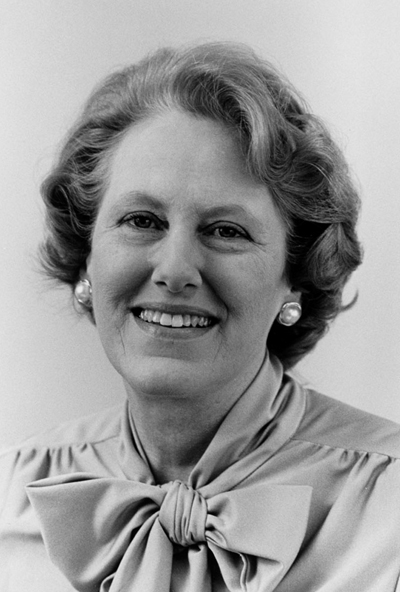 |
| “She offered advice and perspective to younger women faculty.” |
Rosalind Hauk Kornfeld was born in 1935 was born in 1935 in Dallas, Texas. She graduated from George Washington University in 1957 with a B.S. in chemistry. She earned a doctorate in biochemistry from Washington University in St. Louis in 1961. She subsequently stayed on as a postdoctoral fellow (1961-63) before moving to the National Institutes of Health as a fellow and then staff fellow in 1963-65.
For almost 40 years, Kornfeld’s research has focused on the structure and biosynthesis of oligosaccharide chains on glycoproteins. These sugar chains serve as important recognition markers that amongst other things allow proteins to get to their destinations. She was among the first to discover the structure of many oligosaccharides and to characterize how they were formed.
Kornfeld spent her entire academic career at Washington University School of Medicine starting as a research instructor in 1965. In 1969, she was promoted to research assistant professor, in 1971, research associate professor, in 1978, associate professor, and in 1981, full professor of medicine and professor of biochemistry and molecular biophysics.
Kornfeld was named Scholar of the Leukemia Society of America from 1971-1976 and was elected president of the Society for Glycobiology in 1993. Her scientific expertise and insights were recognized by many national committee memberships and editorial boards.
Balancing her love for research with three young children and a physician/scientist spouse was aided, Kornfeld suggests, by having more protected time on the research professor track. There was no teaching or committee work! Later, switching to a tenure track position allowed her to mentor trainees, a role she excelled in.
Kornfeld also served as a mentor and role model for many younger women faculty, training them in laboratory skills, writing techniques and negotiating university politics. She expanded this role as a co-founder of the Academic Women’s Network; the initial planning meeting took place in Kornfeld’s office and the first organizational “tea” in her home. Colleagues note that she offered advice and brought perspective to the fledging organization. For these attributes and her scientific accomplishments, she was asked to serve as first president.
Feisty and outspoken, Kornfeld’s advice to trainees is to “Do good work” and “Don’t be intimidated.” These words served her well throughout her long productive career.
